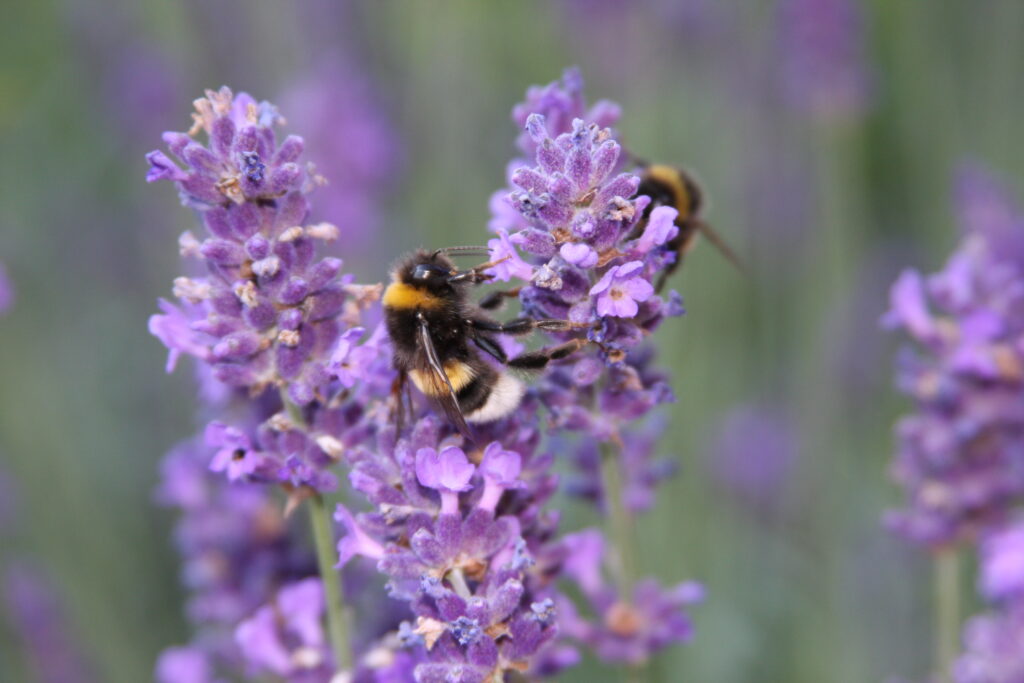
While in a philosophical mood, here’s another enigma that may be related to the previous post: It is obvious that pain helps us survive since it makes us shun harmful situations. Analogously the prospect of pleasure makes us seek virtuous situations. (Although some of these situations may not be so virtuous in modern times as they can be enjoyed in excess.) But why do we feel pain and pleasure?
The wiring of the nervous systems of less complex animals such as the housefly are fairly well understood. The eyes of the fly are wired in a straightforward manner to their motor system. If their field of vision expands faster than a certain rate, they extend their legs and prepare for landing. If their feet sense sugar after the landing, they extract their proboscis (“trunk”) and eat. The signals are thus wired fairly directly from the “sensors” to the “actuators” (in engineering lingo). There seems to be little room for either consciousness or pleasure and pain. The fly’s behaviour consists of what we usually call reflexes.
The fly and all other living organisms can be said to have goals wired into its nervous system. These goals have helped the fly’s ancestors to survive and procreate and have therefore spread in the population. The goals include survival and procreation. The fly’s nervous system, and the rest of the fly for that matter, is of course designed to reach those goals as effectively as possible.
One of the simplest mechanisms that is goal-driven is the thermostat. Its “goal” is to keep the temperature on an even level. If the temperature rises, it throttles the water flow to the radiator etc. I don’t think anybody would argue that the thermostat feels pain if the temperature suddenly rises excessively or that it feels pleasure when managing to keep the temperature very accurately. It just throttles the flow according to its design. Somewhere in the continuum from simple mechanisms like the thermostat through viruses, bacteria, single cell organisms in general, worms, flies, and all the way to the human being, pain and pleasure obviously emerge.
It is my guess (hypothesis is too strong a word) that pain is a consequence of consciousness and necessitated by consciousness; It is made possible and necessary through our ability to create the strange loops referred to in my previous post. Pleasure or pain may have the purpose of taking over our consciousness to prevent our “free will” from doing anything stupid (from a biological standpoint) such as remaining in a harmful situation or missing a virtuous situation. Pleasure and pain may thus be necessary corollaries to consciousness that keep the very same consciousness from getting into too much trouble.
Interestingly we still also have they fly’s reflexes intact. If we happen to touch a hot surface, we retract our hand before we have any conscious notion of what happened or of any pain. This too indicates that pain indeed is tightly connected to consciousness.
Maybe the original sin really was to gain consciousness (“your eyes will be opened, and you will be like God, knowing good and evil”, Genesis 3:5) which is why humans are doomed to “in pain… bring forth children” (my emphasis of course).
I have later come to think that pain and pleasure and other qualia are components of consciousness. They are not different things. The conciousness I’m referring to above is probably akin to metacognition. The real mystery is the subjective experience.